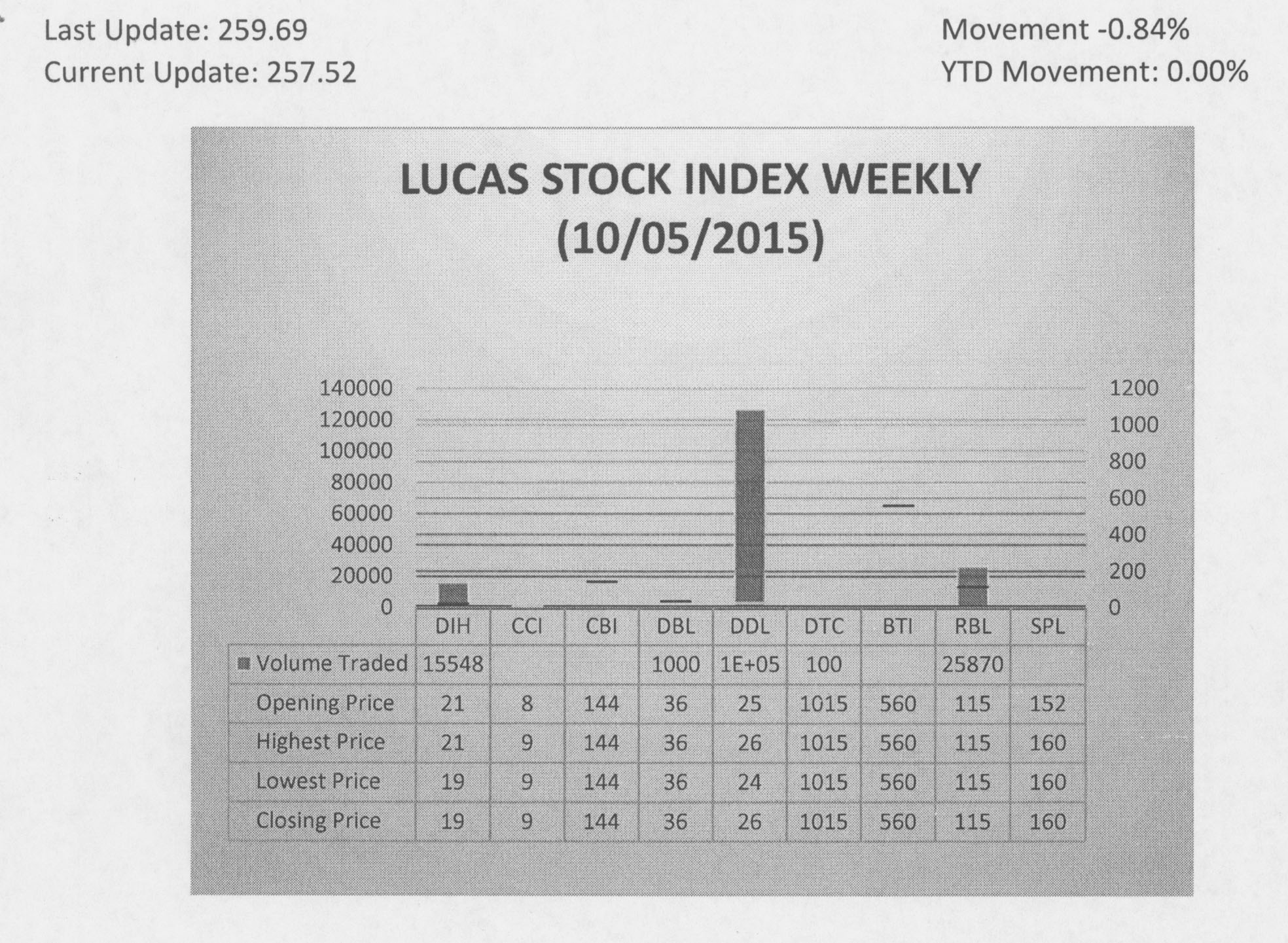Wide-ranging powers
The National Industrial and Commercial Investments Limited (NICIL) was formed in July 1990. The objectives of NICIL are plentiful. They include subscribing or acquiring shares or other security of any company, cooperative or body corporate. NICIL could also purchase or acquire all or any part of the business, property or liabilities of a company, partnership or person to meet the objectives of the company. It could purchase, lease or otherwise acquire estates, lands, wharves, warehouse bonds, docks, along with other  interests in movable or immovable property. It could in addition sell or otherwise dispose of such property. Importantly, NICIL could carry on any business that could be conveniently conducted in a way that enables it to hold or acquire shares or other securities for the benefit of the company. NICIL was given wide latitude to execute the work that it was formed to undertake. While NICIL was given wide-ranging powers to conduct business, there are two aspects of what it has done that leave its directors open to legal challenge. Along with some other provisions, NICIL was given the scope to enhance the interests of the company and not the interests of any individual or group of individuals. Implicit in the foregoing expectation is that NICIL should not do business in a way that causes the company to lose income or suffer losses. It is the activities of the company that falls between those two extremes that has caused many to question the behaviour and conduct of NICIL. An additional concern is the foreign policy role that NICIL appears to have played under the previous administration. This article is an additional attempt to examine those three issues and their implications for public policy.
interests in movable or immovable property. It could in addition sell or otherwise dispose of such property. Importantly, NICIL could carry on any business that could be conveniently conducted in a way that enables it to hold or acquire shares or other securities for the benefit of the company. NICIL was given wide latitude to execute the work that it was formed to undertake. While NICIL was given wide-ranging powers to conduct business, there are two aspects of what it has done that leave its directors open to legal challenge. Along with some other provisions, NICIL was given the scope to enhance the interests of the company and not the interests of any individual or group of individuals. Implicit in the foregoing expectation is that NICIL should not do business in a way that causes the company to lose income or suffer losses. It is the activities of the company that falls between those two extremes that has caused many to question the behaviour and conduct of NICIL. An additional concern is the foreign policy role that NICIL appears to have played under the previous administration. This article is an additional attempt to examine those three issues and their implications for public policy.
Controversial entity
Over the years, NICIL has become a highly controversial entity. As a consequence, it is now the subject of a forensic audit probe that could very well find the company in breach of its own bylaws. Without an examination of all of its transactions, it is not clear when NICIL started subverting its own interests for that of others. Nowhere in the bylaws of the company does it say that the interests of the state should be subordinate to the interests of any other person, company or

